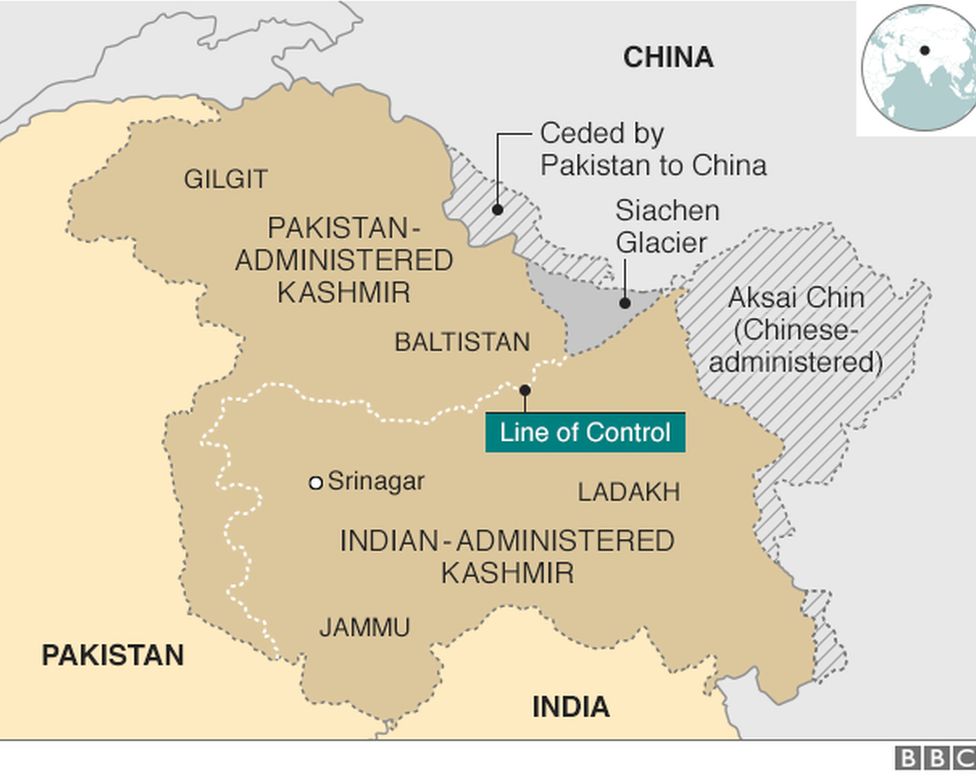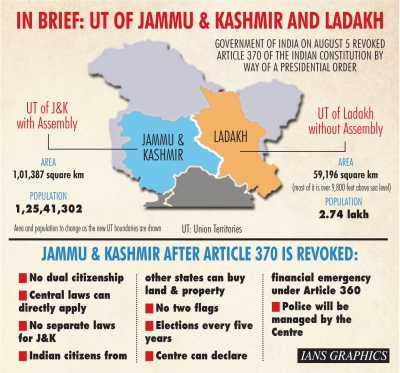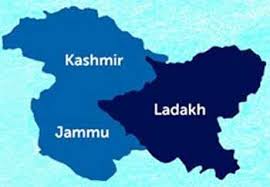7667766266
enquiry@shankarias.in
What is the issue?
What is the LoC?

Will scrapping Art 370 affect LoC status?


What is the legal contention now?
How significant is the LoC?
Source: Indian Express